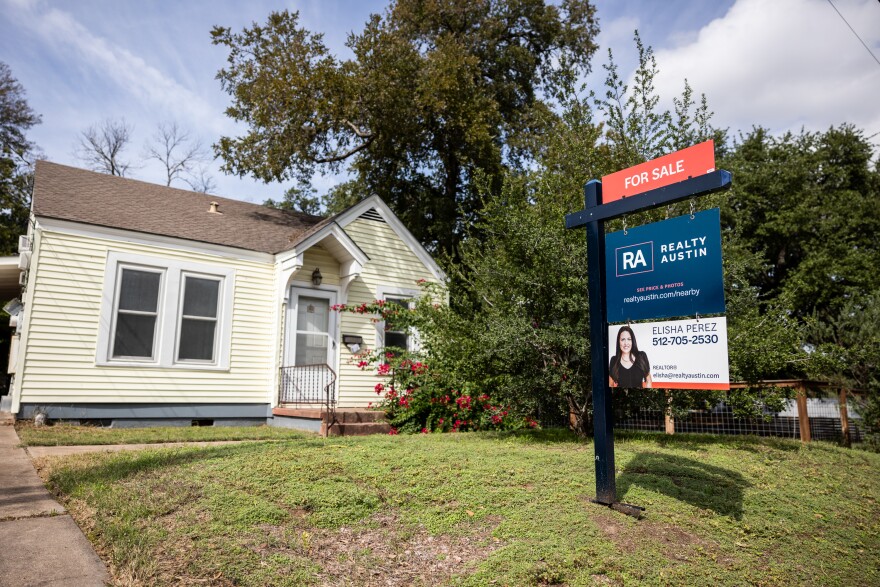The Austin City Council voted Thursday to raise the property tax exemption for homeowners who are 65 years and older and those with a disability. The move is an attempt to further curtail the amount of money residents pay taxes on.
Homeowners who qualify can keep $154,000 off the value of their home that gets taxed by the city; that’s up from $124,000, passed last year. It will apply to this year’s tax bills, which typically go out to homeowners at the end of the year.
Texas allows cities and other taxing entities to offer homestead exemptions, or discounts, to people who own property, meaning they can subtract a portion of their property’s value from the amount that is taxed. Homeowners can receive an exemption simply by living in the home they own. Veterans, seniors and the disabled can also get exemptions.
Since at least 2017, Austin elected officials have steadily increased the city’s homestead exemption for seniors and those with disabilities, nearly doubling the exemption amount in the past seven years. While state law caps other exemptions, there is no limit on the amount senior and disabled homeowners can keep off the dollars they’re taxed on.
Thursday’s vote comes amid a push from state lawmakers to continue pushing down property tax bills. Homeowners in Travis County likely saw their property tax amount fall this year, thanks in large part to a constitutional amendment supported by lawmakers and approved by voters.
But while tax bills and the amount of taxes paid by individuals to public entities fall, city officials say they’re staring down a budget deficit. In 2019, state legislators lowered the amount of new property taxes cities could collect each year. That, coupled with a smaller-than-expected sales tax revenue, means elected officials may have to make tough decisions when finalizing the city’s budget this summer.






